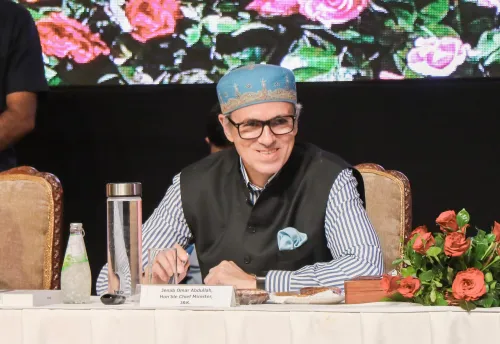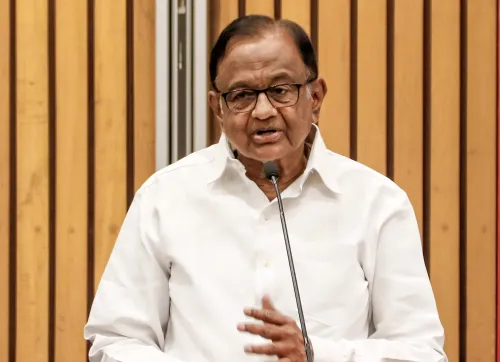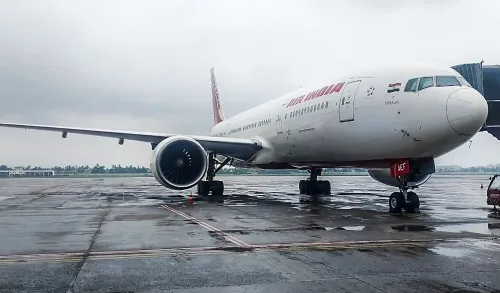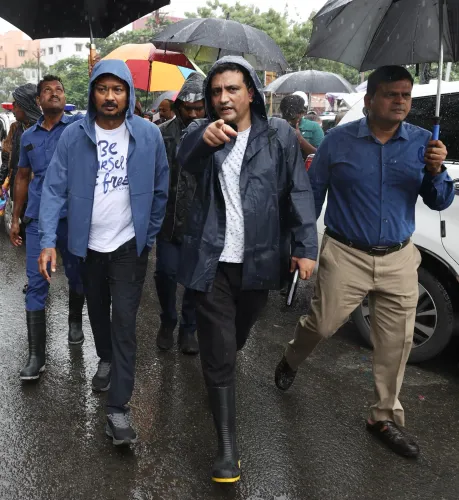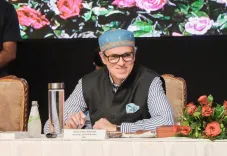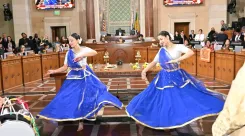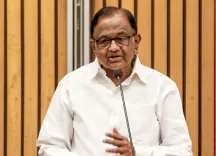Has the Tamil Nadu Government Failed in RTE Admissions?
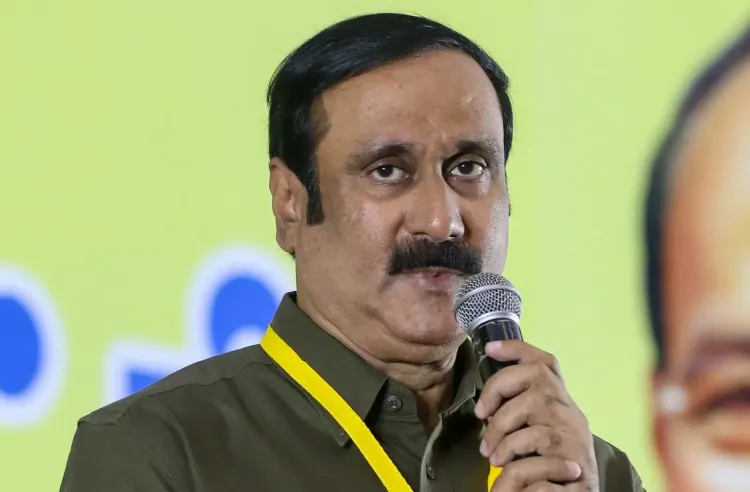
Synopsis
Key Takeaways
- RTE Act Implementation: The Tamil Nadu government's execution of the RTE Act has been criticized for its inefficiency.
- Admission Delays: The notification for admissions was delayed until October, contrary to the prescribed timeline.
- Vacant Seats: Significant vacancies in schools indicate a failure to attract applications.
- Student Inequality: The process has perpetuated inequality among students seeking access to quality education.
- Call for Reform: Anbumani Ramadoss has urged the government to reform the admission process to ensure fair access for all.
Chennai, Oct 21 (NationPress) PMK chief Anbumani Ramadoss has sharply criticized the Tamil Nadu government for its inadequacies in executing the Right to Education (RTE) Act within private educational institutions, asserting that it has “miserably failed” to provide rightful educational access to countless underprivileged children.
Anbumani remarked that the state’s recent announcement for admission applications has revealed a significant lack of foresight and strategic planning.
“According to the RTE Act, the government is obligated to issue notifications by March, accept applications in April, and finalize admissions by May. However, due to claims of insufficient central funding, the Tamil Nadu government postponed the notification until October 2,” he stated.
As a consequence, he noted, the initiative has garnered applications for less than half of the available slots in private high and higher secondary schools.
“This incompetence punishes students for the government's shortcomings,” Anbumani emphasized.
He elaborated that the state should have permitted both unadmitted students and those already attending fee-paying schools to apply for the RTE quota.
“Instead, only those who were already admitted were deemed eligible, resulting in widespread confusion and inequality,” he continued.
According to information referenced by Anbumani, 65,306 applications were submitted for 45,721 seats in nursery schools, indicating strong engagement. In contrast, only 16,006 applications were received for 34,666 seats in high and higher secondary schools, leaving approximately 18,600 seats unfilled.
“This discrepancy clearly illustrates how high fees and stringent admission criteria have excluded underprivileged children from accessing better educational opportunities,” he remarked.
The PMK leader also highlighted that the government now faces a dilemma with over 20,000 excess students admitted to nursery schools, for whom the state lacks the funds to cover fees, while the resources for the vacant high school positions will remain unused and ultimately be sent back to the Centre.
“Is this what the DMK government intends—to squander educational funds and undermine Tamil Nadu’s schooling system?” he questioned.
“Currently, Tamil Nadu does not stand as a model state in education; it has deteriorated into one of the lowest-performing states due to misguided policies.”
He urged the state government to reopen the admission process under the RTE Act and guarantee that all eligible children can benefit from the program without bureaucratic obstacles.

